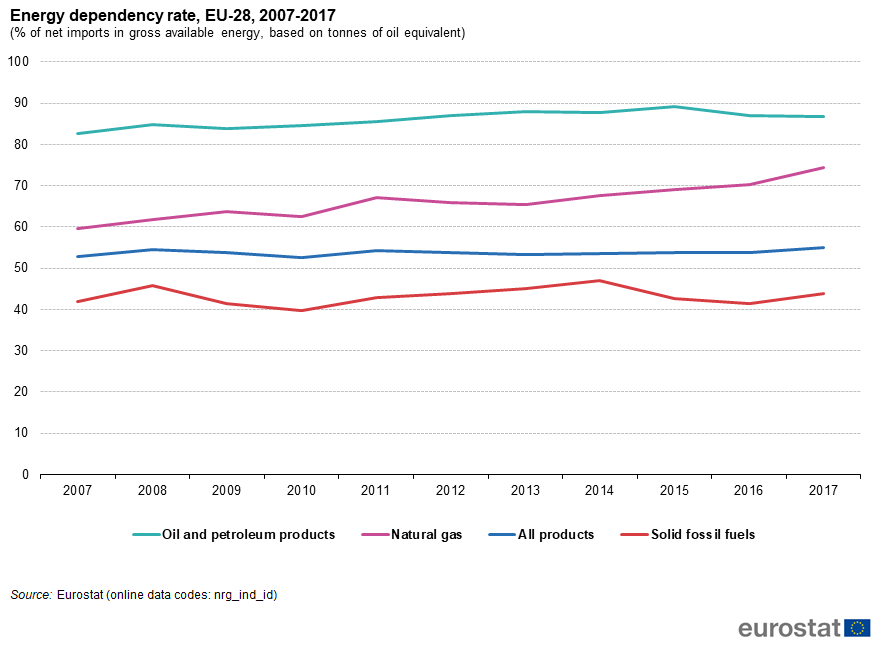Delusional Statements in Media made about Climate Change and Coronavirus Crisis
The harsh reality for the climate hysteria movement is that the majority of (PPE) personal protection equipment that have being used during the coronavirus pandemic are made from hydrocarbons, i.e. petroleum based products.
Disposable gloves are made from either nitrile, vinyl or latex. The first two are made from ethylene, propylene and PVC (polyvinyl chloride), all of which are manufactured from materials extracted during the petroleum refinery process. Latex gloves are made from natural rubber but of course that must be shipped from Malaysia using, what else, but diesel to fuel the ships.
The most popular face masks are the blue polypropylene masks. Polypropylene is manufactured using propene. Propene is produced from fossil fuels, mainly crude oil but in recent years China has used gasified coal. Propene is the second most important product used in the petrochemical industry, after ethene (which is used in PVC production).
Then there is the issue around food hygiene. There will be increased pressure on shops to cover all food in the wake of the Covid-19 crisis. Plastic, produced from the distillation of crude oil, is of course the most popular cover used.
So, the Covid-19 crisis only highlights the dependency we have on fossil fuels. Attempting to link climate change to the enormous challenge posed by the Covid-19 crisis is delusional given the worldwide dependency on oil in fighting the virus from masks and gloves to the transport needed to transport them and other necessities like food around .
But if they really wanted to reduce emissions anyway, they would have to bring all that manufacturing back to Europe and produce everything we need here.












